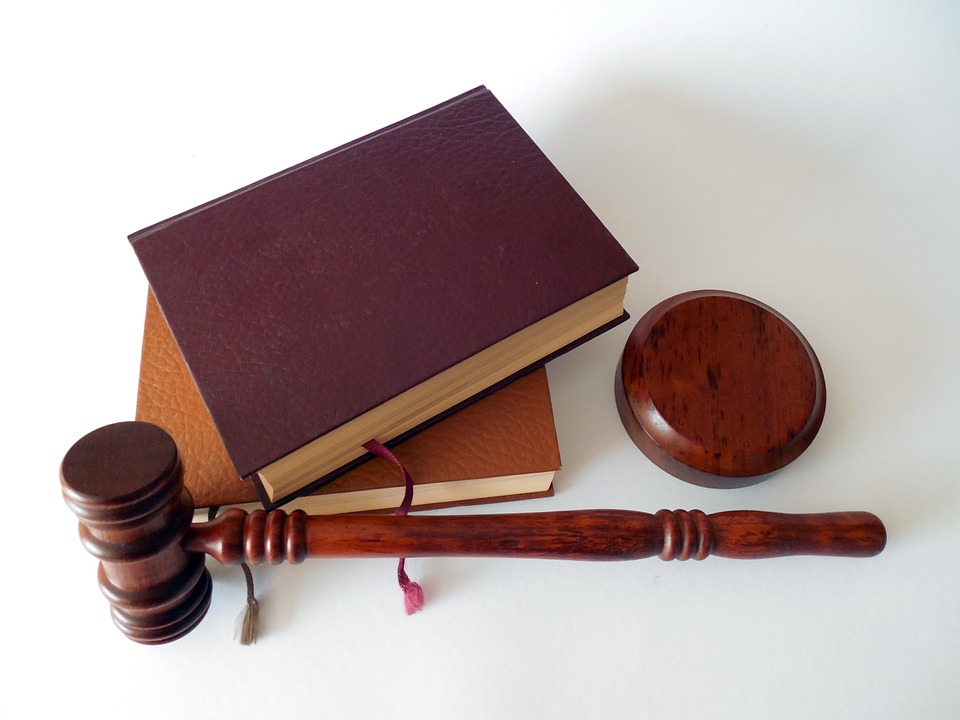Mastering Legal Writing: Essential Tips for Crafting Clear and Effective Legal DocumentsMastering Legal Writing: Essential Tips for Crafting Clear and Effective Legal Documents
Legal writing is a cornerstone of the legal profession, requiring precision, clarity, and attention to detail. Whether you’re a law student, practicing attorney, or legal professional, mastering the art of legal writing is essential for communicating complex ideas and arguments effectively. Whether you’re drafting a motion, a contract, or a legal memorandum, using a proper comma coordinating conjunction can help you connect ideas seamlessly and create a cohesive flow in your writing. In this article, we’ll explore some key tips and strategies to help you craft clear and impactful legal documents.
Understand Your Audience
One of the first steps in legal writing is understanding your audience. Are you drafting a brief for a judge, a contract for clients, or a memo for colleagues? Tailoring your writing style and level of technicality to your audience’s knowledge and expertise is crucial for ensuring your message is understood and well-received.
Organize Your Thoughts
Before diving into writing, take time to outline your ideas and organize your thoughts logically. Start with a clear introduction that outlines the purpose of the document, followed by a structured body that presents arguments, analysis, or information in a coherent manner. End with a concise conclusion that summarizes key points and reinforces your main message.
Use Plain Language

Legal documents are often filled with complex terminology and legalese, but using plain language whenever possible can enhance readability and comprehension. Avoid jargon, convoluted sentences, and overly technical language that may confuse or alienate your readers. Instead, strive for clarity, simplicity, and precision in your writing.
Be Concise and Direct
In legal writing, brevity is key. Aim to convey your message concisely and directly, avoiding unnecessary words or verbose explanations. Use active voice, strong verbs, and precise language to communicate your ideas efficiently. Editing and revising your drafts to eliminate redundancies and streamline sentences can enhance the overall impact of your writing.
Proofread and Edit Carefully

Lastly, never underestimate the importance of proofreading and editing your legal documents. Even minor errors in grammar, punctuation, or spelling can detract from your credibility and professionalism. Take time to review your work for accuracy, clarity, and consistency. Consider seeking feedback from colleagues or using editing tools to ensure your writing is polished and error-free.
Mastering legal writing is a continuous journey that requires practice, attention to detail, and a commitment to clear communication. By understanding your audience, organizing your thoughts, using plain language, being concise and direct, and proofreading carefully, you can enhance the effectiveness and impact of your legal documents. These essential tips will serve you well in navigating the complexities of legal writing and achieving success in your legal career.…






 If you have a lemon, the first step is to document the problem. This will give you evidence to back up your
If you have a lemon, the first step is to document the problem. This will give you evidence to back up your  To maximize your chances of success when pursuing a strong lemon law claim, it is important that you first understand your rights under the lemon law. The lemon law protects consumers who have purchased defective vehicles and gives them certain legal rights and remedies. If you believe your vehicle is a lemon, you should contact an experienced lemon law attorney who can evaluate your case and advise you of your legal options.
To maximize your chances of success when pursuing a strong lemon law claim, it is important that you first understand your rights under the lemon law. The lemon law protects consumers who have purchased defective vehicles and gives them certain legal rights and remedies. If you believe your vehicle is a lemon, you should contact an experienced lemon law attorney who can evaluate your case and advise you of your legal options.


 He or she should have the ability to absorb information. This is necessary for him or her to understand different aspects of the law. Once the information has been absorbed, it is important to break it down into something that is manageable and logical. This may become quite difficult as a result of different options to resolve the situation or get to a logical conclusion. Thus, a solicitor ought to have evaluative skills that can help him or her to find the right option.
He or she should have the ability to absorb information. This is necessary for him or her to understand different aspects of the law. Once the information has been absorbed, it is important to break it down into something that is manageable and logical. This may become quite difficult as a result of different options to resolve the situation or get to a logical conclusion. Thus, a solicitor ought to have evaluative skills that can help him or her to find the right option. A solicitor ought to quickly and effectively research a given subject. This is necessary to help him, or her understands the client well, appreciate the client’s specific needs, and also work on important legal strategies. The idea of preparing a legal strategy means a lot of information ought to be comprehended and absorbed. Also, there is a need to come up with a plan that is manageable and useful.
A solicitor ought to quickly and effectively research a given subject. This is necessary to help him, or her understands the client well, appreciate the client’s specific needs, and also work on important legal strategies. The idea of preparing a legal strategy means a lot of information ought to be comprehended and absorbed. Also, there is a need to come up with a plan that is manageable and useful.
 When professionals have enough experience in their field, the process becomes easy, and the results are excellent. Let the law firm you decide to use, assign your case a divorce lawyer who finds it easy to carry out the process since they are already experienced. They will take all the burden to handle all the matters with ease.
When professionals have enough experience in their field, the process becomes easy, and the results are excellent. Let the law firm you decide to use, assign your case a divorce lawyer who finds it easy to carry out the process since they are already experienced. They will take all the burden to handle all the matters with ease. Apart from all the above a divorce lawyer should be the one with empathy and confidentiality. You discuss sensitive matters with them, and they require to keep it confidential. You can see more qualities of a good lawyer from various online platforms. Before hiring one, ensure they have the above qualities and others as advised by experts.…
Apart from all the above a divorce lawyer should be the one with empathy and confidentiality. You discuss sensitive matters with them, and they require to keep it confidential. You can see more qualities of a good lawyer from various online platforms. Before hiring one, ensure they have the above qualities and others as advised by experts.…